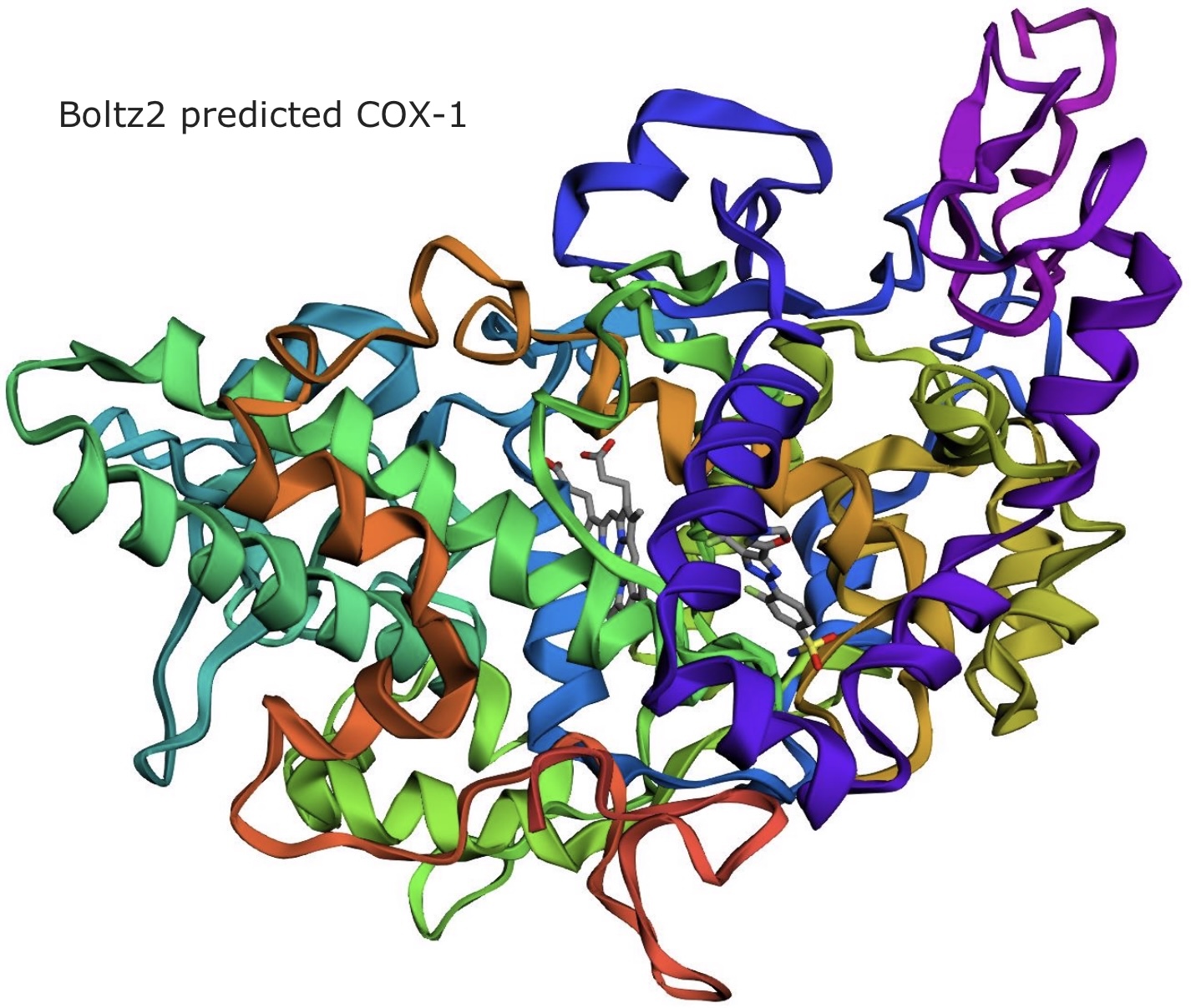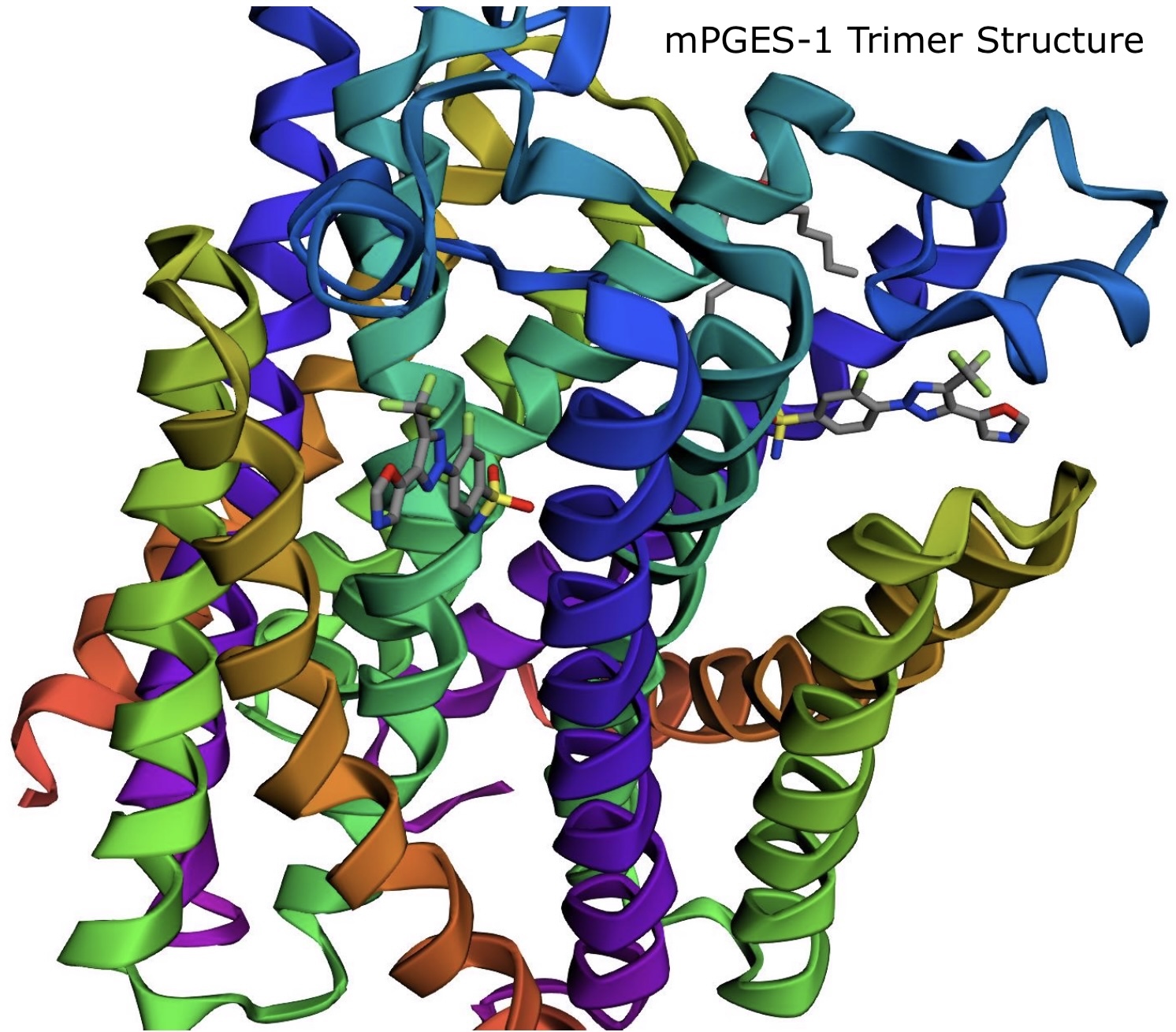India's First AI-Driven Therapeutic Breakthrough: COX-2 Inflammation Treatment

India has entered a new era of pharmaceutical innovation. The Institute of Chemical Technology (ICT) Mumbai and Aarth Software have achieved a groundbreaking milestone by developing India's first AI-driven therapeutic hypothesis for COX-2 inflammation treatment. This achievement represents more than a scientific advancement—it signals India's emergence as a global leader in intelligent drug discovery.
Authors: Prashant S. Kharkar, Aarshit Mittal, Ranbir Saluja, Shobhan Shah

From Pharmacy to Pioneer: India's New Chapter
India has long been recognized as the pharmacy of the world, manufacturing affordable medicines that reach patients across the globe. Our pharmaceutical industry has built a reputation on production excellence, generic drug manufacturing, and cost-effective healthcare solutions. Yet until now, one critical piece has been missing from this story: the discovery of new therapeutic molecules.
The journey from laboratory hypothesis to approved drug is notoriously challenging. Traditional drug discovery suffers from a staggering 92% failure rate, with most candidates falling short during clinical trials. The process is expensive, time-consuming, and fraught with uncertainty. Pharmaceutical companies invest billions of dollars and decades of effort, only to see most candidates fail to reach patients who desperately need them.
This is where artificial intelligence changes everything. Using OCSR.ai, a powerful computational engine designed specifically for therapeutic discovery, researchers can now accelerate the most critical phases of drug development. The platform combines advanced molecular modeling, structure prediction, and intelligent optimization to identify promising therapeutic candidates with unprecedented precision. India will not only continue its manufacturing excellence but will now also lead in the discovery of novel therapeutic molecules.
The COX-2 Challenge: Precision Over Power
Inflammation is a double-edged sword. While it protects us from infection and injury, chronic inflammation drives diseases affecting millions worldwide, from arthritis to cardiovascular conditions. For decades, scientists have sought better ways to control inflammation without causing harmful side effects.
Current anti-inflammatory drugs face a fundamental challenge. Many non-selective NSAIDs like ibuprofen block both COX-1 and COX-2 enzymes, leading to gastrointestinal complications. Selective COX-2 inhibitors were developed to address this problem, but some have been associated with cardiovascular risks. The medical community has long sought a more precise approach, one that could target inflammation at multiple points while maintaining safety.
The research team identified a promising strategy: dual inhibition of COX-2 and microsomal prostaglandin E synthase-1 (mPGES-1). This approach offers greater precision in controlling inflammation by targeting two critical enzymes in the inflammatory cascade. By simultaneously blocking these pathways, the designed molecules could provide more effective inflammation control with potentially fewer side effects than existing treatments.
The research findings have been published on ChemRxiv, making them available to the global scientific community. This open sharing of discoveries accelerates the collective progress of pharmaceutical science and demonstrates India's commitment to advancing global health through innovation.

How OCSR.ai Powers Discovery
The OCSR.ai engine approaches drug discovery differently than traditional methods. Instead of testing thousands of compounds through trial and error, the platform uses sophisticated computational models to predict how molecules will interact with their biological targets before a single experiment is conducted in the laboratory.
The research team began by analyzing the structural requirements for dual COX-2 and mPGES-1 inhibition. Using advanced protein structure prediction and molecular dynamics simulations, they mapped the binding sites of both enzymes with atomic-level precision. This detailed understanding allowed them to design molecules specifically tailored to interact with both targets simultaneously.
The platform then generated and evaluated a family of candidate molecules, each one designed with specific structural features to enhance binding affinity, selectivity, and drug-like properties. Through iterative optimization cycles, the AI system refined these candidates, balancing multiple objectives including potency, selectivity, metabolic stability, and predicted safety profiles against disease.
About the OCSR™.ai Research Team
Our research team comprises experts in computational chemistry, machine learning, and pharmaceutical sciences. We're dedicated to advancing the field of AI-driven drug discovery through innovative technology and collaborative research.
Learn more about our team →